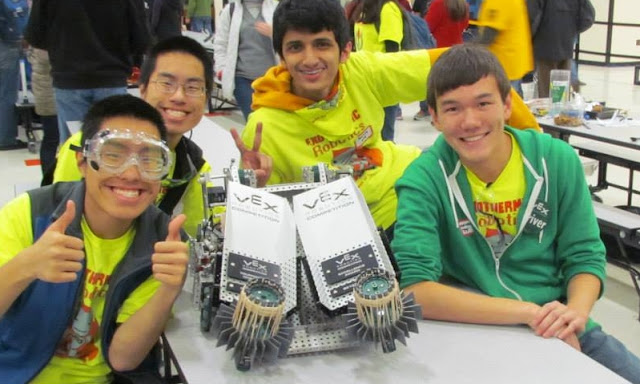The manufacturing workforce is a complex network of interconnected systems. Producing that workforce is just one of many complicated subsystems. Four important components of this workforce development subsystem are:
Initial members of Florida’s manufacturing workforce development ecosystem are FLATE (working for the Florida College System); CareerSource (Florida’s workforce agency) FloridaMakes (Florida’s MEP); and Innovation Station Sarasota (working for the Florida University System). Preliminary meetings with leadership of these four organizations resulted in enthusiastic support for the ecosystem concept. The group determined that the secondary education system was a primary target audience. Essential building blocks for workforce creation include: creation of high school manufacturing academies; face-to-face exposure of secondary students to advanced manufacturing facilities; and relevant professional development of educators about manufacturing skills and careers. They also committed to work together to define specific goals for manufacturing talent development and manufacturing education excellence. Stay tuned for more details in the next FLATE Focus.
I now invite you to read the rest of the stories in the February Edition of FLATE Focus. This month we have an industry spotlight focusing on Nautique, as well as several new exciting additions to the Announcements section of this blog. Please send us your thoughts by emailing news@fl-ate.org or commenting below each story in this blog. Also, please connect with us via social media on Facebook, Twitter, and LinkedIn.
- work-based learning
- internships and apprenticeships
- skill certification
- talent pipeline development
Successful workforce development requires detailed attention to these components of the “talent pool pathway” for manufacturing’s workforce.
Florida’s approach to its manufacturing “talent pool pathway” is to first identify key organizations that can and should participate in this “pathway”. Like in other states, these organizations historically have worked independently in Florida, each paying attention to only selective components of the “talent pool pathway” (the components that are in their own wheelhouse). The challenge is to develop ways to remove this silo effect. In Florida, the responsibilities associated with these immediate foundation “talent pool pathway” duties have been clustered into the Florida University System, the Florida College System, the Workforce Agency and the Department of Commerce’s Manufacturing Extension Service (MEP). Developing an ecosystem environment that houses the manufacturing workforce development elements of these groups is one approach that can morph the silo effect to a synergistic and thriving ecosystem.
The starting transition point for such an evolution is to superposition the four groups together in an innovative space that defines manufacturing workforce development fundamentally containing the four important items above (work-based learning, credentials, internships and apprenticeships, and talent pipeline development).
Florida’s approach to its manufacturing “talent pool pathway” is to first identify key organizations that can and should participate in this “pathway”. Like in other states, these organizations historically have worked independently in Florida, each paying attention to only selective components of the “talent pool pathway” (the components that are in their own wheelhouse). The challenge is to develop ways to remove this silo effect. In Florida, the responsibilities associated with these immediate foundation “talent pool pathway” duties have been clustered into the Florida University System, the Florida College System, the Workforce Agency and the Department of Commerce’s Manufacturing Extension Service (MEP). Developing an ecosystem environment that houses the manufacturing workforce development elements of these groups is one approach that can morph the silo effect to a synergistic and thriving ecosystem.
The starting transition point for such an evolution is to superposition the four groups together in an innovative space that defines manufacturing workforce development fundamentally containing the four important items above (work-based learning, credentials, internships and apprenticeships, and talent pipeline development).
Initial members of Florida’s manufacturing workforce development ecosystem are FLATE (working for the Florida College System); CareerSource (Florida’s workforce agency) FloridaMakes (Florida’s MEP); and Innovation Station Sarasota (working for the Florida University System). Preliminary meetings with leadership of these four organizations resulted in enthusiastic support for the ecosystem concept. The group determined that the secondary education system was a primary target audience. Essential building blocks for workforce creation include: creation of high school manufacturing academies; face-to-face exposure of secondary students to advanced manufacturing facilities; and relevant professional development of educators about manufacturing skills and careers. They also committed to work together to define specific goals for manufacturing talent development and manufacturing education excellence. Stay tuned for more details in the next FLATE Focus.
I now invite you to read the rest of the stories in the February Edition of FLATE Focus. This month we have an industry spotlight focusing on Nautique, as well as several new exciting additions to the Announcements section of this blog. Please send us your thoughts by emailing news@fl-ate.org or commenting below each story in this blog. Also, please connect with us via social media on Facebook, Twitter, and LinkedIn.



















